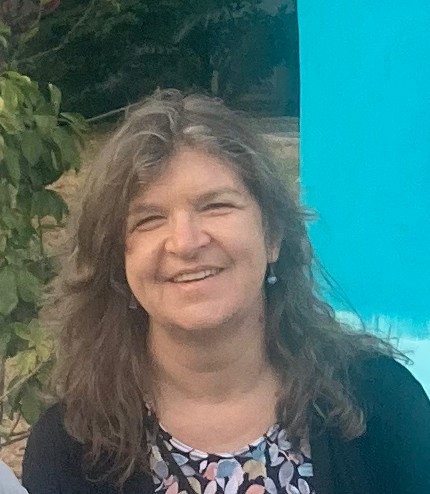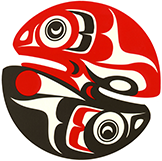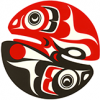Center for Studies in Demography and Ecology
CSDE is a community of faculty and students associated to advance population science through research and training. As a federally funded research center with over 70 years of experience, the CSDE community of scholars develops new demographic measures and methods, advances knowledge about population dynamics, generates new data and evidence to support population science, and trains the next generation of demographers.

Research
With over 100 research affiliates representing scientific endeavors and units across the entire UW campus, CSDE scholars apply innovative demographic methods and measurements to investigate human migration and settlement, environments and population, health of people and populations, and families and households well being.
Join Our Community

Training
CSDE provides UW graduate students with advanced, interdisciplinary training in population science. CSDE is not a degree granting unit, but does offer a formal Demographic Methods Graduate Certificate open to any graduate student at UW. A fellowship program is available for those enrolled in the certificate program.
Use Our Services
Seminars and Workshops
CSDE hosts a variety of events on the latest research in population science. CSDE’s Friday Seminar Series (12:30-1:30pm) is the place to meet colleagues, share your research, and bring a colleague from outside UW to share their research with CSDE. Workshops provide opportunities to build your methodological skill set and advance your research.
Upcoming CSDE Events
CSDE Research Highlights
Contact CSDE
(206) 616-7743 / csde@uw.edu
206 Raitt Hall / Staff Contact List
Training Help / Computer Help



